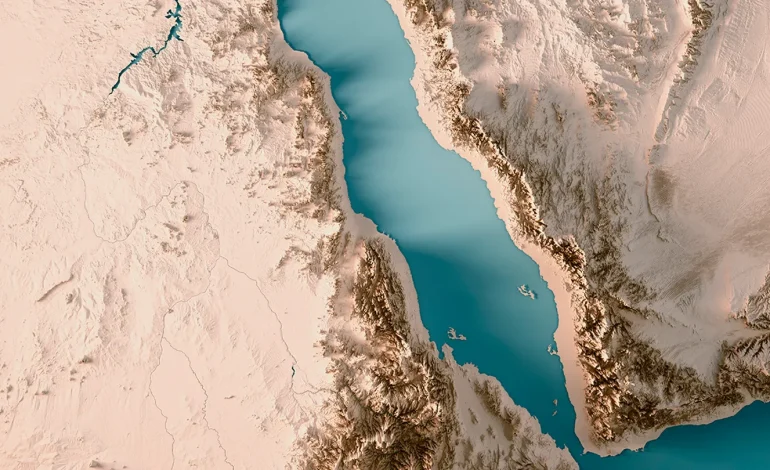Scientists exploring the depths of the Red Sea have discovered naturally occurring “death traps” in the Gulf of Aqaba, a region some believe to be the location where Moses parted the waters in the biblical account, Fox News reports.
The brine pools, found approximately 4,000 feet below the surface, are characterized by extremely high salinity levels – up to 10 times saltier than normal seawater – and a severe lack of oxygen. According to a study published in Nature Communications, these conditions create a lethal environment for most marine life, stunning or killing any organism that enters.
A research team, led by Sam Purkis, a professor and chair of the Department of Marine Geosciences at the University of Miami, utilized remotely operated submersibles and deep-sea probes to explore deep-sea trenches between Africa and the Arabian Peninsula, leading to this discovery.
Beyond their lethality, the team speculates that these harsh conditions may mirror those of early Earth, potentially offering insights into the origins of life itself. The deep-sea environment, with its unique chemical composition and limited resources, could resemble the conditions under which life first emerged, according to the researchers.
The study even suggests that these “death pools” could provide clues in the search for extraterrestrial organisms, perhaps reflecting conditions found on distant “water worlds” beyond our solar system. The study authors called this unique ecosystem “one of the most extreme environments on the planet.”
Because of the limited organisms which can survive, the undisturbed sediment layers preserve an archive of past climate changes and geological events. Predatory animals lurk near the edge of the pools, ready to capture any stunned or dead victims.
Professor Purkis and his team hope the pristine conditions will enable them to better study ancient ocean conditions, reconstruct climate patterns, and track the evolution of Earth’s ecosystems over millions of years.










The latest news in your social feeds
Subscribe to our social media platforms to stay tuned